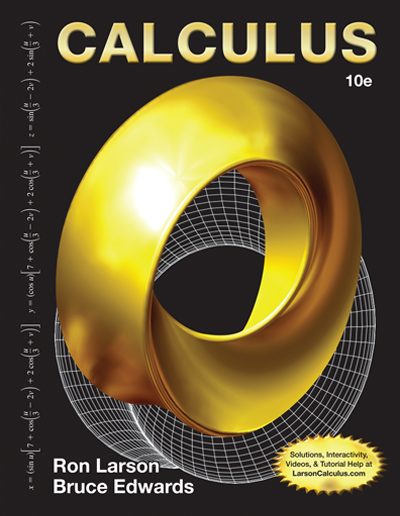Caroline Herschel
(1750 – 1848)
Caroline Lucretia Herschel was the first women to be credited with the discovery of a comet. Driven by her desire to assist her older brother William, an astronomer, she learned to grind his telescope lenses and to maintain complex records of his scientific observations. Despite her self-effacing nature, her accomplishments were so remarkable that she inevitably came to be recognized as a genius in her own right.
Caroline Herschel was born on March 16, 1750, in Hanover, Germany. She was one of ten children born to Isaac Herschel and his wife, Anna Ilse Moritzen. Caroline’s father, a gardener by trade, worked only sporadically; most of his income was derived from a local orchestra, in which he played the oboe. Despite his haphazard employment, he made certain that his sons were well-educated. Unfortunately, he had no such concern for the education of his daughters.
Caroline longed to go to school, but her mother refused to allow her to waste time on an education that could be better spent on housework. Each day Caroline cooked and cleaned, under her mother’s critical eye. Caroline’s father often cautioned her to abandon all thoughts of marriage, since he deemed her too ugly to attract a husband. Caroline lived twenty-two years in this relentlessly bleak environment, and then her brother William came to her rescue.
In a sense, Caroline’s life began in 1772, when William took her from Hanover to live with him in England. With his encouragement, Caroline found abundant opportunities to develop her talents and intellect. She mastered accounting so that she could effectively manage her brother’s financial affairs; she learned to sing and play the harpsichord so beautifully that she was soon much in demand as a musician; and she agreed, albeit reluctantly, to submit herself to a dressmaker and dancing instructor.
William’s interest in music was eventually supplanted by his dedication to astronomy. Caroline willingly relinquished her very own successful music career, and helped her brother manufacture increasingly powerful telescopes. So successful was their partnership that the Herschels’ telescopes were at that time the world’s best. It was, in fact, the quality of their instruments that enabled William to discover the planet Uranus in 1781.
Uranus was the first new planet to be discovered since the days of the ancient Greeks, and news of its existence created a tremendous excitement in the scientific community. William was immediately elected to membership in the Royal Society, and was rewarded by King George III of England with a royal pension.
In addition to recording William’s observations and calculations of the orbit of the planets, Caroline explored the solar system for herself. Using a telescope made for her by William, she discovered eight comets and dozens of nebulae.
Much to her embarrassment (and William’s delight) Caroline began to be recognized for her own contributions to astronomy. In 1787 she too was awarded a pension by the British crown, and in 1798 her reorganization of Flamsteed’s catalog of stars was published by the Royal Society.
In August 1822, William died. Caroline, filled with grief, returned to her native Germany. Though some of the impetus for her work had died with her brother, her final years were among her most productive. Her editions of William’s uncompleted manuscripts, and her catalog of their discoveries, earned her a gold medal from the Royal Astronomical Society. She was elected an honorary member of the Royal Astronomical Society and the Royal Irish Academy, and on her ninety-sixth birthday was awarded a gold medal of science by the King of Prussia.
Caroline died on January 9, 1848 in Hanover, Germany, just before her ninety-eighth birthday.
Links
References
- Asimov, Isaac. Asimov’s Biographical Encyclopedia of Science and Technology. Garden City, New York: Doubleday & Company, Inc., 1972.
- Gillispie, Charles Coulston, ed. Dictionary of Scientific Biography. Vol. VI. New York: Charles Scribner’s Sons, 1972.
- Osen, Lynn M. Women in Mathematics. Cambridge, Massachusetts: The MIT Press, 1974.











